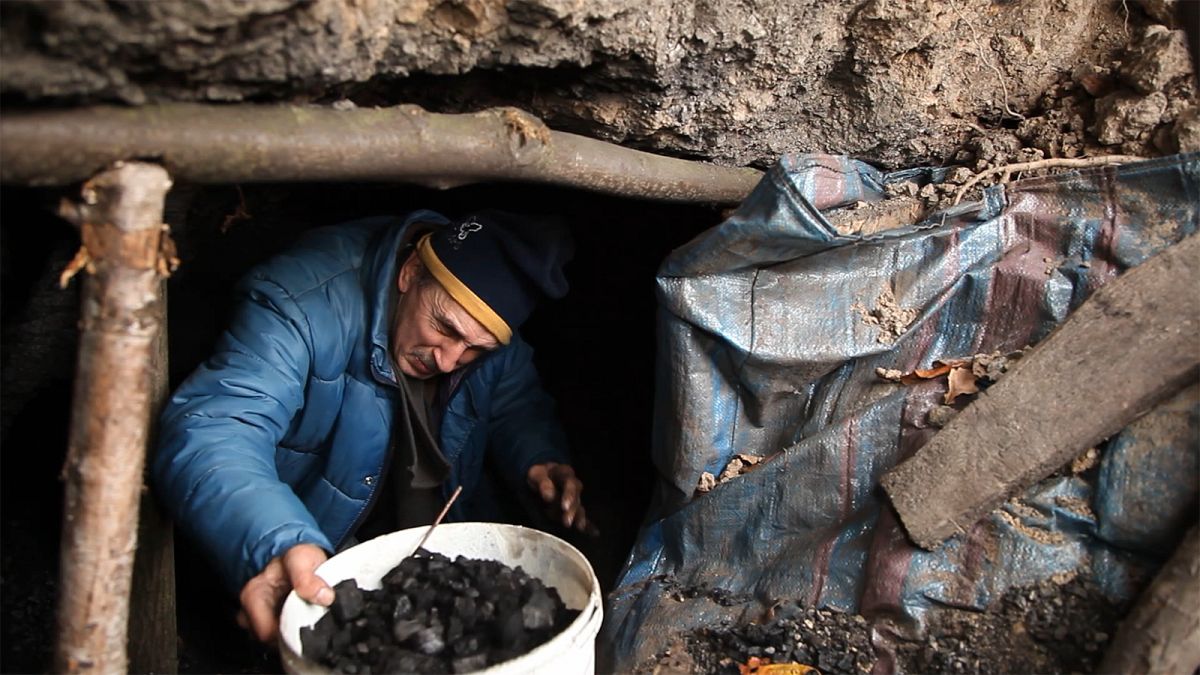In this episode of Insiders Euronews travels to Poland to look at the country's deadly dependence on coal.
In this edition of Insiders we travel to Poland where the Cop24 annual UN climate conference recently concluded. Despite pressure to move to a cleaner energy path, far from cutting its carbon emissions, Poland seems intent on expanding its mining industry. Coal already accounts for around 60 percent of Poland's overall energy and generates 80 percent of the country's electricity.
The Turów plant, in western Poland, is ranked among the five most CO2-generating and also most polluting coal-fired plants in Europe. The town of Bogatynia is located close to the Turów mine and its thermal power plant. It owes its prosperity to coal, but that has come at a price. According to the European Environment Agency, air pollution, mainly due to coal burning, kills around 50,000 people a year in Poland.
"The extraction and burning of coal, cause many health problems, especially because of the coal dust and fine particles that smother us. Standards are regularly exceeded.
"We feel it in our mouths, in our eyes, in our noses, we see it on everything around us," said one Bogatynia resident.
The European Court of Justice has slammed Poland for the poor quality of its air. In addition to the mining industry, coal is used extensively for heating and cooking in Polish households.
At the recent World Climate Summit in Katowice, the capital of Silesia, environmental activists distributed anti-smog masks in an attempt to raise awareness.
"From the 50 most polluted cities in the EU, 33 are located in Poland. And coal is one of the reasons for global warming. That's why we need to phase out coal," one activist in Katowice said.
For the moment, however, the carbon neutrality advocated by the European Commission by 2050 seems a distant prospect in the country. In addition to the construction of a new coal plant in the north of Poland, several mining sites plan to extend their perimeter in Silesia.
The regional head of the Solidarity Union in Silesia also says too fast a transition from coal would be a disaster economically.
"Twenty-five years ago, when the restructuring process began, we lost thousands of jobs, and only hundreds of jobs were created in exchange. If the acceleration of the decarbonisation process continues to be as strong as the European Union wishes, we would not withstand it either economically or socially. And anyway, we will continue to buy products with a carbon footprint, coming from countries that do not care about climate, or reducing greenhouse gas emissions, like China, India, the United States, and so on. And we will lose competitiveness in the European Union," said Dominik Kolorz, President of Solidarnoś Regional Board, Silesia.
Speaking to Euronews' Valerie Gauriat following her trip to Poland's coal mining heartlands, Insiders' executive producer and presenter Sophie Claudet asked:
"Poland is part of the EU. Poland is greatly benefiting from being part of the EU and yet it doesn't play by the rules when it comes to carbon emissions. Cutting carbon emissions to be precise. Is it exposing itself to sanctions, potentially fines, disputes within the EU?"
Valerie Gauriat: **_"W__ell, Poland has been slammed by the European Court of Justice as regards pollution and air quality for one thing. But when it comes to CO2 emissions Poland will tell you that it is abiding by the rules. Poland is a signatory of the Cop21 Paris agreement. And so it says it will follow the rules. Now whether it will happen or not, whether the targets will be reached by 2030 is yet to be proven and when it comes to more ambitious targets, it's made very clear that it would not go any further. But on the other hand, Cop24 didn't make any progress. There's an agreement for a status quo on the Cop21 Paris agreement, so it won't go any further and in that sense Poland, for now, is quite safe."
To watch the full edition of Insiders: Poland's coal conundrum, click on the video link above.
